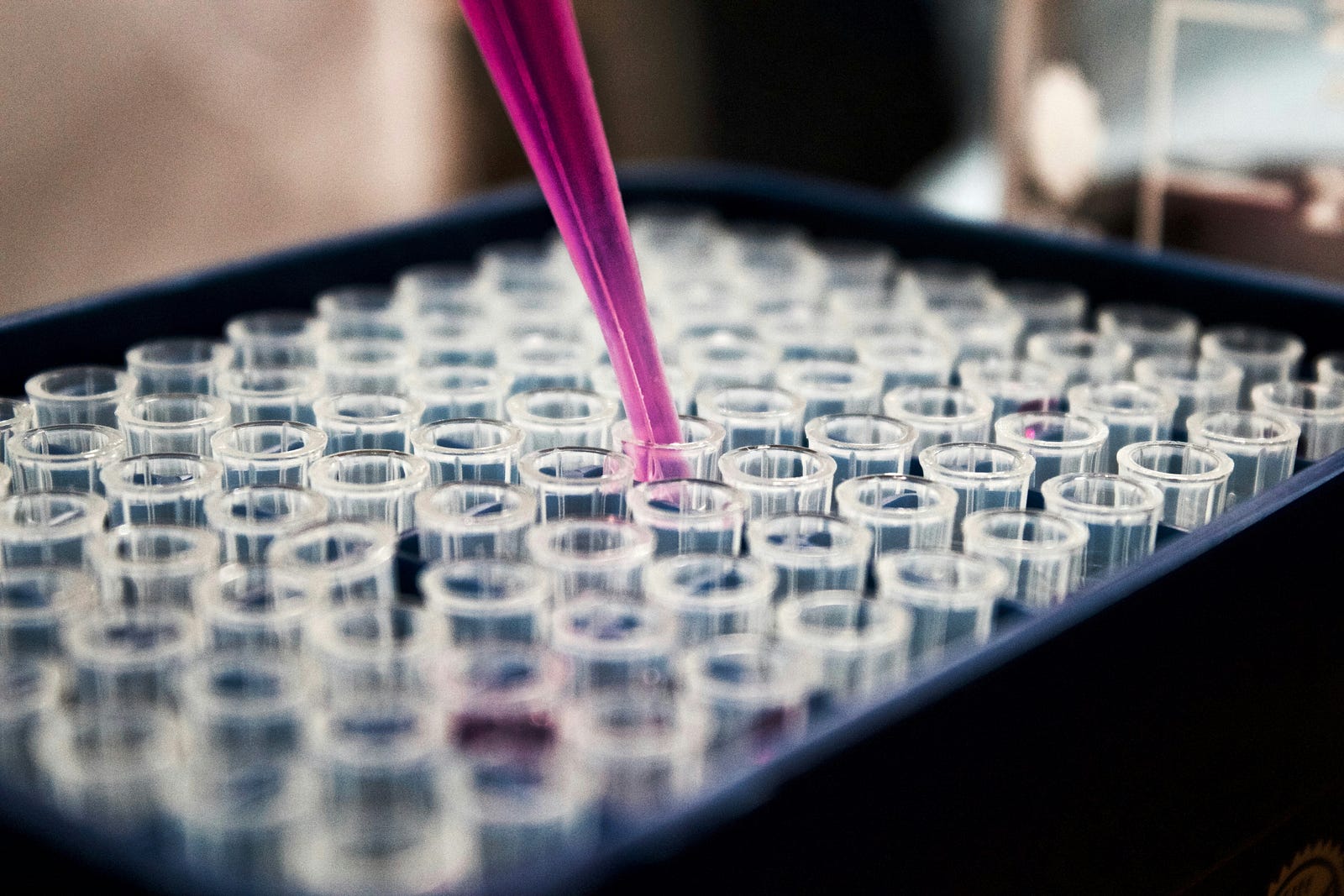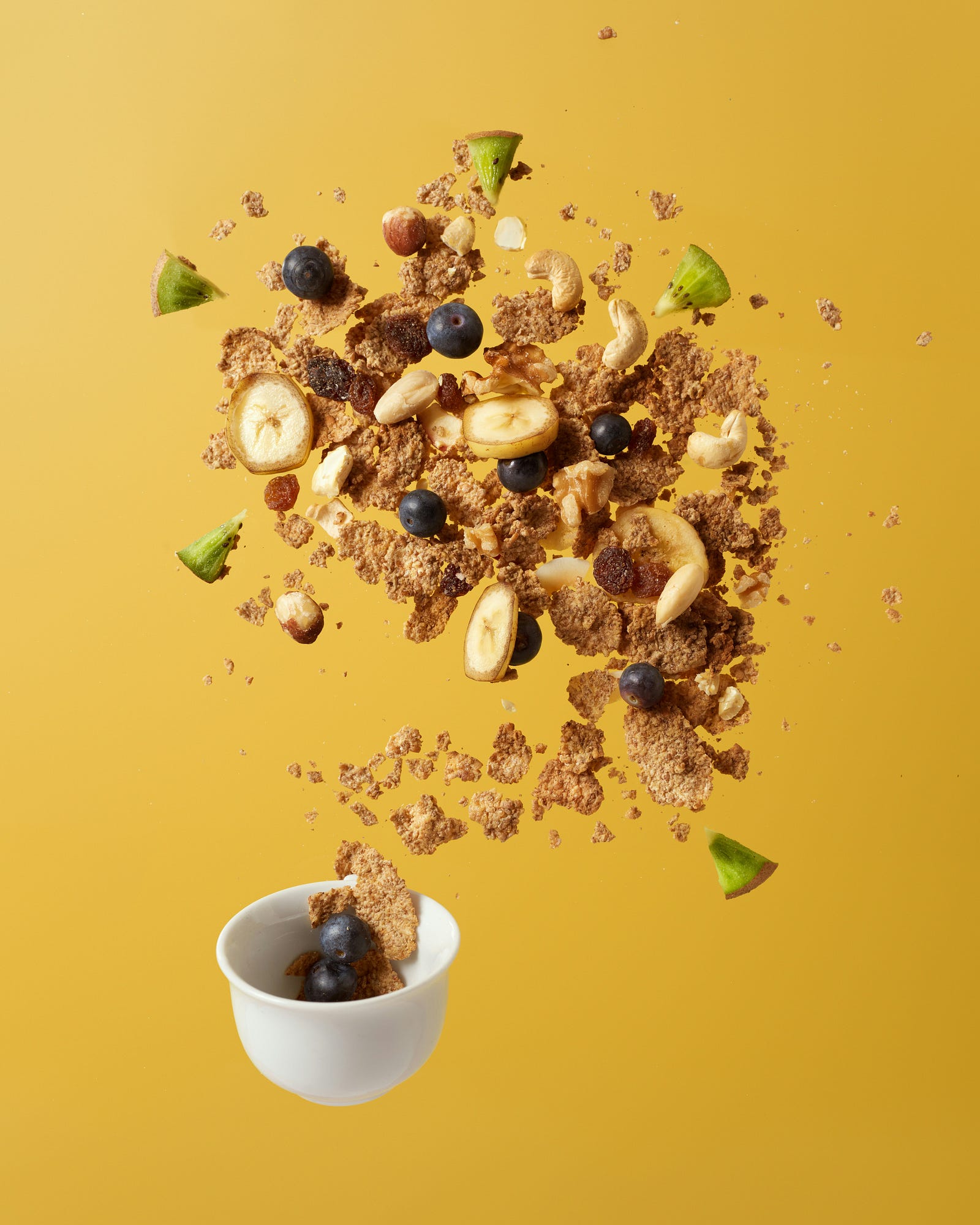I’M NOT GOING TO LIE; UNTIL I READ ABOUT THIS STUDY, I had never heard of a DNA diet. And believe me, I thought I had heard about every fad diet. Today, I explore the use of a DNA diet and whether it lowers the risk of pre-diabetes transforming into diabetes.
Have you ever heard of a DNA diet?
I didn’t until I read about this fascinating study. Imagine being able to personalize your diet based on your genetic profile to lower your risk of developing type 2 diabetes.
Does it sound too good to be true? Let’s examine the study and see how DNA-tailored diets could be the future of diabetes prevention.
Before we get to this new topic, I want to share what I read this week.

Who am I reading? This author truly fits Plato’s observation:
States will never be happy until rulers become philosophers or philosophers become rulers.
The fellow I’m reading was fond of quoting Plato’s dictum. He ruled the Roman Empire for almost two decades and wrote what I’m now reading: Marcus Aurelius’ Meditations.
Let’s begin with a brief overview of diabetes.
Diabetes Spectrum
Pre-diabetes represents a stage where blood glucose levels are elevated but not high enough to be classified as type 2 diabetes.
Pre-diabetes serves as an indicator that an individual faces heightened susceptibility to developing type 2 diabetes.

I was surprised to see how common the condition is in America. The U.S. Centers for Disease Control reports that more than one in three of us has pre-diabetes.
Pre-diabetes Can Lead to Enduring Harm
Left unaddressed, pre-diabetes can result in enduring harm, particularly affecting the heart and blood vessels.
Can alterations in diet and exercise facilitate this reversal?
But, pre-diabetes can be reversible. According to an ADA expert panel:
Up to 70 percent of individuals with pre-diabetes will eventually develop diabetes.
Lifestyle Modification
Fortunately, lifestyle modifications can markedly reduce the probability of pre-diabetes progressing to type 2 diabetes.
Over one in three individuals (37 percent) with pre-diabetes will progress to type 2 diabetes within four years.

On the other hand, a randomized clinical trial showed this:
Those completing a lifestyle intervention program saw their risk of developing diabetes (within four years) drop from 37 to 20 percent.
And I love this finding: The lifestyle intervention was significantly more effective than the prescribed drug metformin.
We’ll get to some specific lifestyle modifications at the end of this piece.
DNA Diet
Recent studies indicate that customizing diets based on an individual’s DNA profile might aid in controlling blood sugar levels and lowering the risk of type 2 diabetes, particularly in high-risk individuals.
A pilot study involving 148 participants combined genetic profiling with personalized dietary recommendations.

The result? Notable enhancements in blood glucose management compared to conventional dietary approaches.
Study Details – DNA Diet and Diabetes
Researchers enrolled 148 individuals with elevated blood sugar levels.
They conducted initial evaluations by measuring fasting plasma glucose (FPG) and glycated hemoglobin (HbA1c), providing insights into their blood sugar control over recent months.
Participants completed a food frequency questionnaire detailing their typical consumption of specific food items.
Three Research Cohorts
Subsequently, the research team categorized participants into three groups:
- The control group received dietary guidance based on NICE* recommendations from a dietitian.
- The intervention group received personalized coaching from the dietitian and a DNA-tailored diet plan.
- The exploratory group, lacking direct coaching, utilized DnaNudge’s app and wearable technology for self-guidance. This technology enabled them to scan product barcodes while shopping to receive personalized food and beverage recommendations based on their DNA.
*National Institute for Health and Care Excellence (NICE) guidelines.

Measuring Outcomes – DNA Diet and Diabetes
This technology allows participants to scan product barcodes while shopping to receive personalized food and beverage recommendations based on their DNA.
The researchers reassessed the participants’ FPG and HbA1c levels at 6, 12, and 26 weeks.
Notably, at the 6-week mark, there were no discernible differences in health outcomes among the groups.
But wait, there’s more.
Improvements at 26 Weeks
By the 26-week mark, individuals adhering to a diet tailored to their DNA — regardless of whether they utilized the DnaNudge app — experienced noticeable enhancements in their blood sugar levels compared to those not following this specialized diet.
In simpler terms, those implementing this DNA-guided diet witnessed reductions in their fasting blood sugar and HbA1c levels — a key indicator of blood sugar control.
My Thoughts — DNA Diet and Diabetes
The study implies that tailoring dietary guidance according to an individual’s genetic profile could yield even greater advantages than standard diet recommendations.
Promising, but there needs to be higher-level evidence to support personalized, DNA-based diet recommendations.

While the approach is not ready for general use, I will continue to follow NICE-endorsed lifestyle changes, including incorporating the following into my diet:
- Fruits
- Vegetables
- Healthy fats (my favorite is extra virgin olive oil)
- Whole grains
Let me close with some five tips ways you might reduce your diabetes risk:
5 More Tips For Taking Control
It is possible to reduce the probability of pre-diabetes progressing to full-blown type 2 diabetes.
The Mayo Clinic offers these five tips to lower the probability of pre-diabetes progressing to type 2 diabetes.
Tip #1: Shed Excess Weight
Losing pounds can significantly drop your diabetes risk.

In a large study, individuals reduced their risk of developing diabetes by nearly 60 percent after shedding about 7 percent of their body weight through dietary and exercise changes.
Tip #2: Increase Physical Activity
Regular physical activity offers numerous benefits, including weight loss, blood sugar reduction, and improved insulin sensitivity.
Aim for at least 30 minutes of moderate to vigorous aerobic exercise — such as brisk walking, swimming, cycling, or running — most days, totaling at least 150 minutes weekly. Brisk walking is my go-to approach.
- To promote balance and strength, do resistance exercises—such as calisthenics or weight lifting—at least twice or thrice weekly.
- Limit inactivity. Even if you sit at a desk most of the day, take breaks every 30 minutes to stand, walk, or engage in light activity.
Tip #3: Embrace Healthy Plant-Based Foods
Plants offer essential nutrients, carbohydrates, and fiber in your diet, promoting weight loss and lowering diabetes risk.
Opt for diverse, healthy, fiber-rich foods, including fruits, nonstarchy vegetables, legumes, and whole grains.
Fiber’s benefits include:
- Slowing sugar absorption.
- Reducing blood sugar levels.
- Managing heart health risk factors.
- Promoting satiety.
Tip #4: Opt for Healthy Fats
Moderate your intake of fatty foods, focusing on incorporating monounsaturated and polyunsaturated fats into your diet for improved cholesterol levels and heart health.

Sources of good fats include oils like olive, sunflower, and canola, nuts and seeds, and fatty fish like salmon and mackerel.
I love to consume extra virgin olive oil and nuts (including pecans, walnuts, pistachios, and roasted peanuts).
Limit saturated fats in dairy and meat products to a small portion of your diet.
Tip #5: Steer Clear of Fad Diets
Avoid falling for fad diets like the glycemic index, paleo, or keto diets, as their long-term benefits and effectiveness in preventing diabetes remain largely unproven.
Instead, aim for sustainable weight loss and maintenance through healthier dietary choices that align with your preferences and traditions.
A simple strategy like dividing your plate into sections — half for fruits and nonstarchy vegetables, a quarter for whole grains, and a quarter for protein-rich foods — can guide healthy eating habits and portion control.
https://newcancerinfo.com/2021/08/20/5-pro-tips-for-you-to-dodge-heart-disease/
Thank you for reading Unlocking Your Genetic Code: The Revolutionary “DNA Diet” that Could Slash Your Diabetes Risk.




